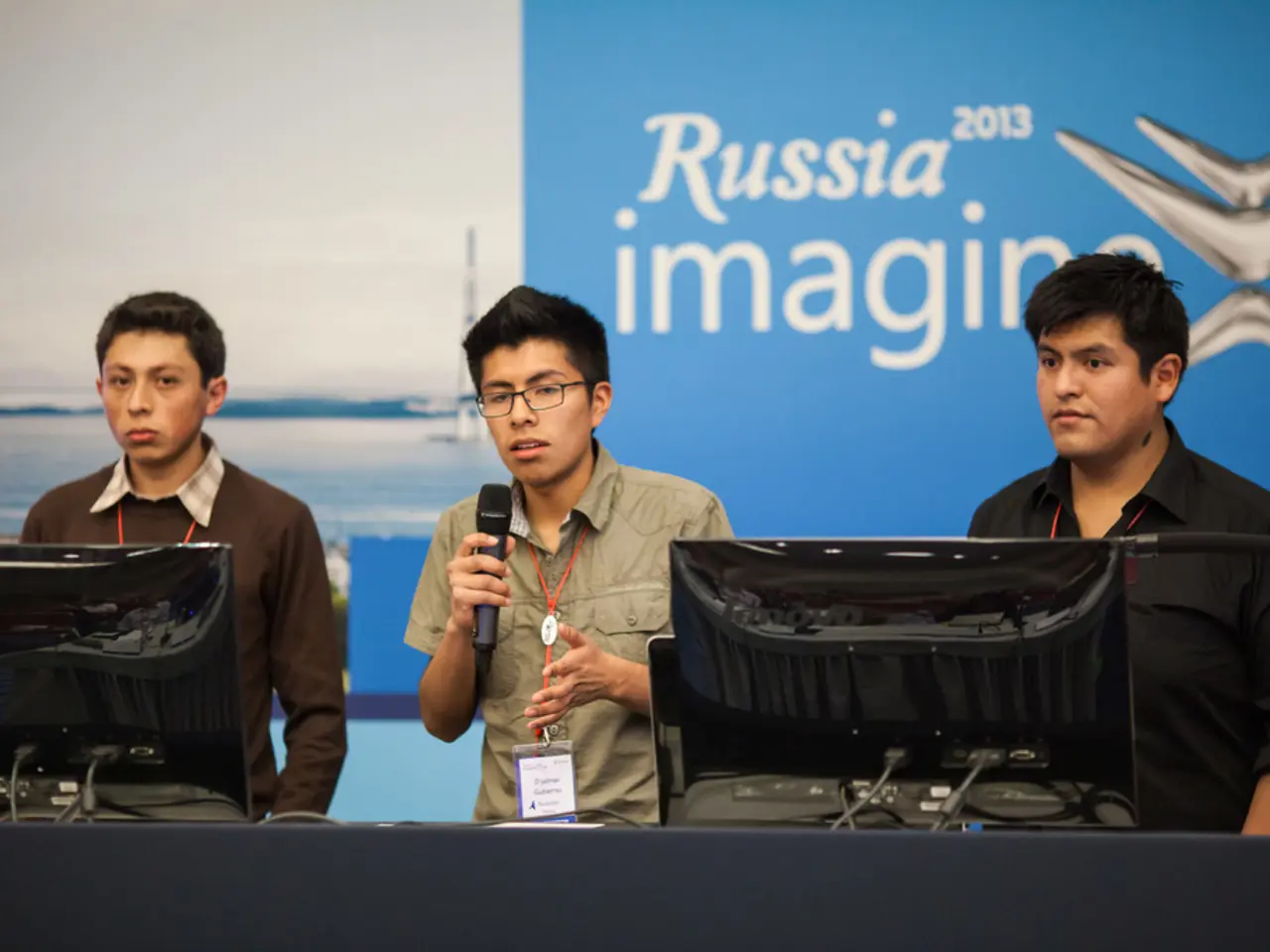Trump's intended agenda for his meeting with Putin seems to be in flux - will a truce be achievable?
In the coming weeks, President Donald Trump is set to meet with Russian President Vladimir Putin for the first time in six years, with the aim of brokering a truce in the ongoing conflict in Ukraine. However, the road to a potential peace agreement is fraught with challenges.
Trump has warned that Russia will face "very severe consequences" if it does not end the war in Ukraine. Yet, Russia remains skeptical about the prospects of a near-term meeting without prior agreements on security and territorial issues. This stance reduces the likelihood of a quick breakthrough.
Ukrainian President Volodymyr Zelenskyy and his European allies have shown wariness towards Russia's demands and have called for ceasefires ahead of any final peace deal. The absence of trust and significant areas of disagreement pose obstacles to progress.
If no progress is made, the conflict may continue at a high human and economic cost, undermining regional security and stability in Europe. Trump’s diplomacy aims to arrange a bilateral meeting between Putin and Zelenskyy as a first step toward ending hostilities, but he has also noted that both sides need to show flexibility, especially Ukraine.
Trump has not elaborated on what any potential sanctions against Russia might be. He has stated that there may not be a second meeting if he does not receive the necessary answers during the first meeting. Yet, he is keeping his options open, rating the chance of a second meeting as "very good" but also preparing for the possibility of failure.
Trump's expectations regarding negotiations with Putin appear changeable. In a week, his discussion about a potential deal with Ukraine has evolved from a land-swapping deal, to a "listening exercise", to the potential for a ceasefire.
During a virtual call with European leaders, Trump shared his intention to broker a ceasefire in Ukraine. He rated the call as "10" and "very friendly". Despite the uncertain outcome, Trump described the upcoming summit as "setting the table for a second meeting", but the deal is not yet cooked.
Zelenskyy has told Trump that Putin "is bluffing" and wants to "push forward along the whole front" not return land. There seems little chance of agreement on any swapping of territory between Russia and Ukraine. Trump plans to discuss territory during the proposed trilateral meeting, contingent on securing a truce during the bilateral meeting.
The "if" condition is a factor in the potential second meeting between Trump, Putin, and Zelenskyy, which is dependent on the success of the Alaska summit. Trump has conceded that he may not persuade Putin to stop targeting civilians in Ukraine. Nevertheless, he hopes that his diplomatic efforts will bring about a much-needed end to the conflict.
- The potential for sanctions looms if Russia fails to end the war in Ukraine, as President Trump has warned of severe consequences.
- The upcoming summit between Trump and Putin is significant, as it aims to negotiate a truce in the ongoing war-and-conflicts in Ukraine, but the lack of trust and significant areas of disagreement pose obstacles to reaching a peace agreement.







